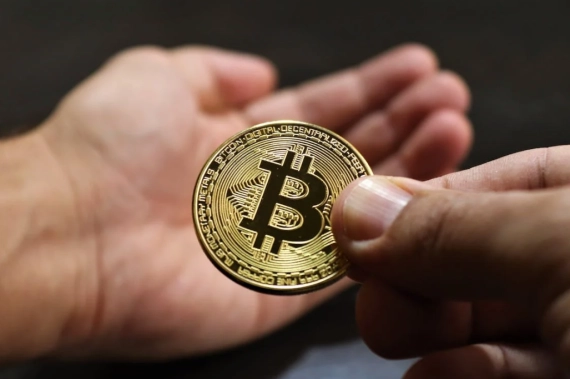In a recent development, UK Prime Minister Boris Johnson has become entangled in a media controversy involving former Fox News host Tucker Carlson. The dispute centers on an alleged request by Johnson for either Bitcoin or a million-dollar fee in exchange for an interview, an assertion fiercely refuted by the Prime Minister’s team. Carlson, recognized for his influence in Right-wing US media circles, has accused Johnson of seeking payment for a conversation regarding Ukraine. This clash has garnered significant attention, reflecting the intersection of politics, media, and digital currency in today’s global landscape.
Carlson’s Accusation And Johnson’s Response
During a recent interview with Blaze TV, Tucker Carlson made startling claims regarding a potential interview with UK Prime Minister Boris Johnson, alleging that Johnson’s team proposed a significant monetary requirement. Carlson asserted that the Prime Minister demanded a payment of one million US dollars, which could be provided in either US dollars, gold, or Bitcoin. According to Carlson, this demand was communicated to him recently, with the condition that Johnson would discuss his stance on Ukraine during the interview.
In response to these allegations, Johnson’s team promptly refuted Carlson’s claims, suggesting that it was Carlson himself who initiated the proposal. Furthermore, they stated that Johnson had tentatively agreed to the interview, but under the condition that the funds would be directed towards charities supporting Ukrainian veterans. Despite this apparent agreement, the interview never materialized, with Johnson citing the unfortunate passing of Russian opposition leader Alexei Navalny as a contributing factor. This incident underscores the complexities and controversies inherent in media interactions involving prominent political figures, highlighting the challenges of navigating such interactions amidst varying narratives and interpretations.
Bitcoin: The Crypto’s Unlikely Role In Media Drama
In an unforeseen development, cryptocurrency has become entangled in a media saga. According to Carlson, Johnson reportedly expressed a preference for receiving a million dollars in BTC during discussions about a potential interview offer.
At the time, BTCUSD was trading at $51,770 according to data from the 24-hour chart on TradingView.com. While the reasons for Johnson’s preference remain obscure, the mention of Bitcoin introduces an intriguing element to the evolving narrative. Johnson’s team has refrained from addressing this specific detail, prompting speculation about the role and significance of cryptocurrency in the proposed interview.
Bitcoin, the flagship digital asset, has experienced significant price growth over the past decade, attracting attention from financial circles worldwide. Johnson’s purported belief in Bitcoin’s enduring success likely stems from its impressive performance history. Beginning with a nominal value of $0.003 in 2010, Bitcoin has surged to approximately $69,000 in 2021.
Furthermore, the recent approval of 11 spot Bitcoin exchange-traded funds by the US Securities and Exchange Commission (SEC) reinforces Bitcoin’s status as a premier asset. This regulatory validation underscores the increasing recognition and institutional acceptance of cryptocurrency as a legitimate investment vehicle.
The Intersection Of Politics And Cryptocurrency
The intertwining of politics and cryptocurrency in this narrative introduces a new dimension of complexity to the already contentious exchange between Johnson and Carlson. The suggestion of Bitcoin as a potential payment method prompts inquiries into the expanding influence and legitimacy of cryptocurrencies in conventional transactions.
This narrative highlights the evolving intersection of political discourse and the financial realm, shedding light on the changing landscape of media, politics, and the impact of emerging technologies such as Bitcoin on these domains. It underscores the shifting dynamics where traditional boundaries between politics and finance are blurred, reflecting broader societal changes and the increasing integration of digital innovations into mainstream conversations and transactions.



